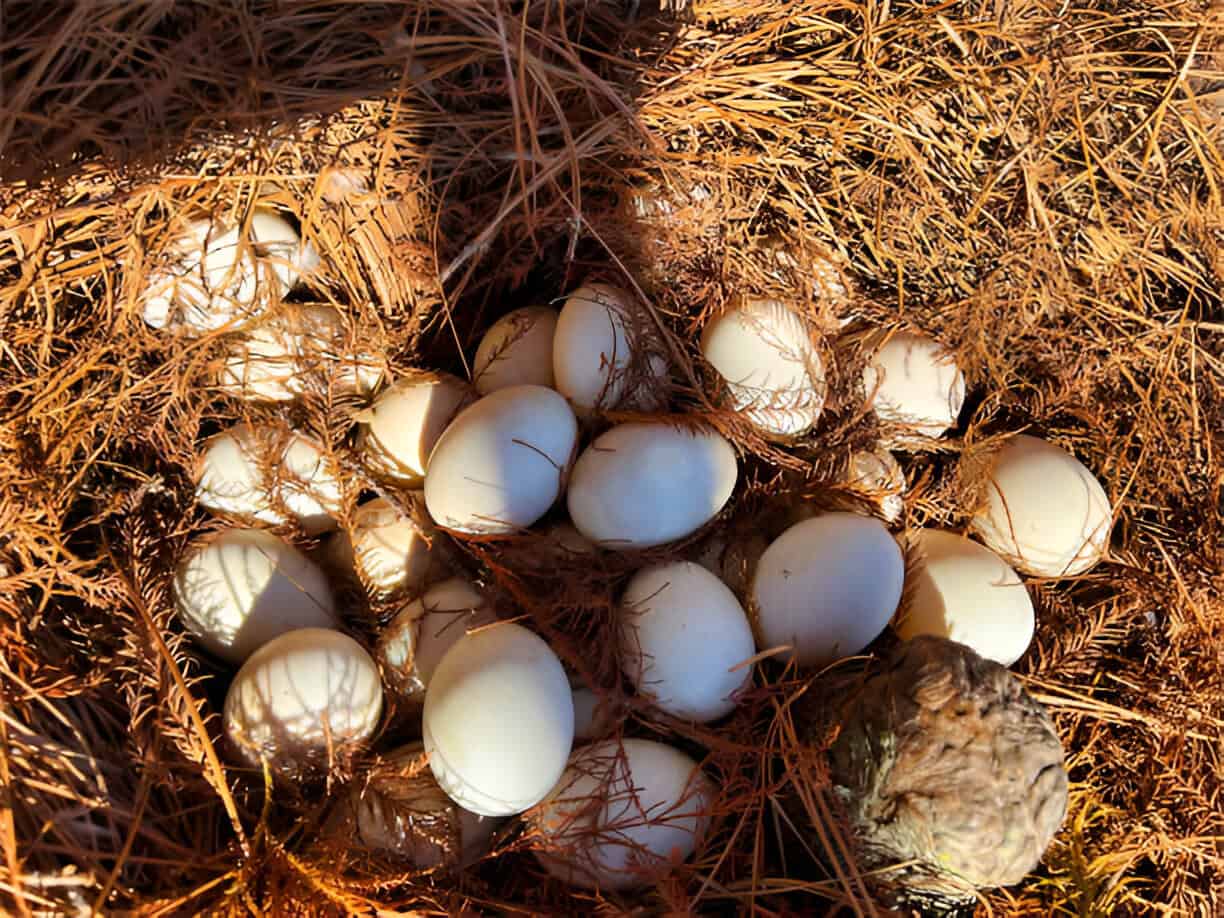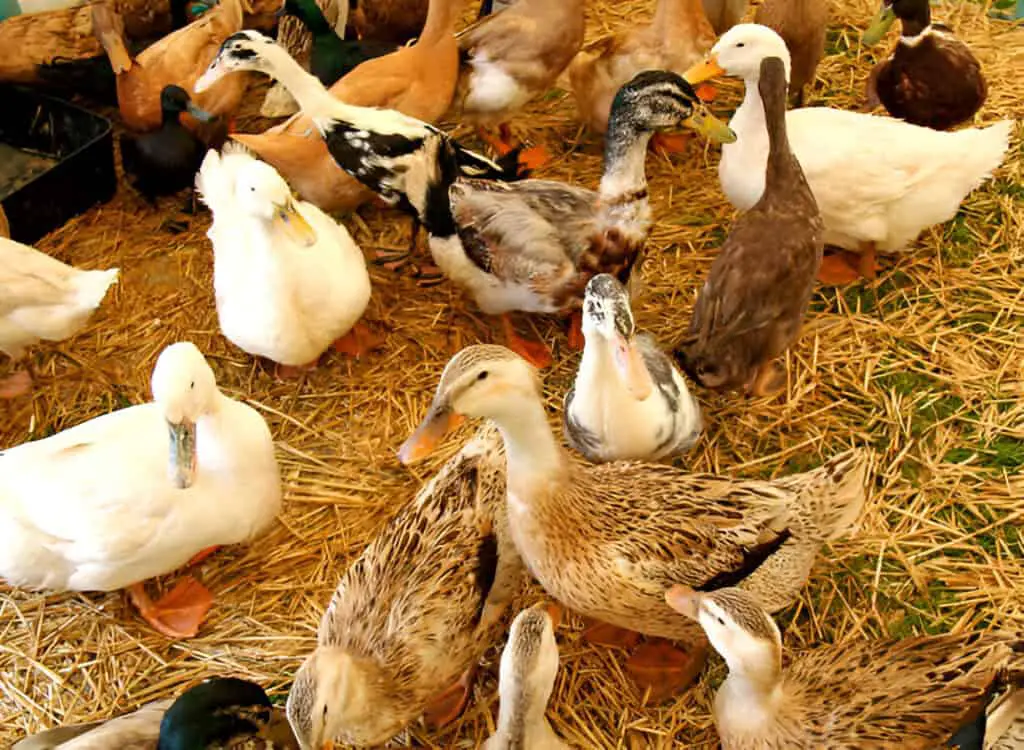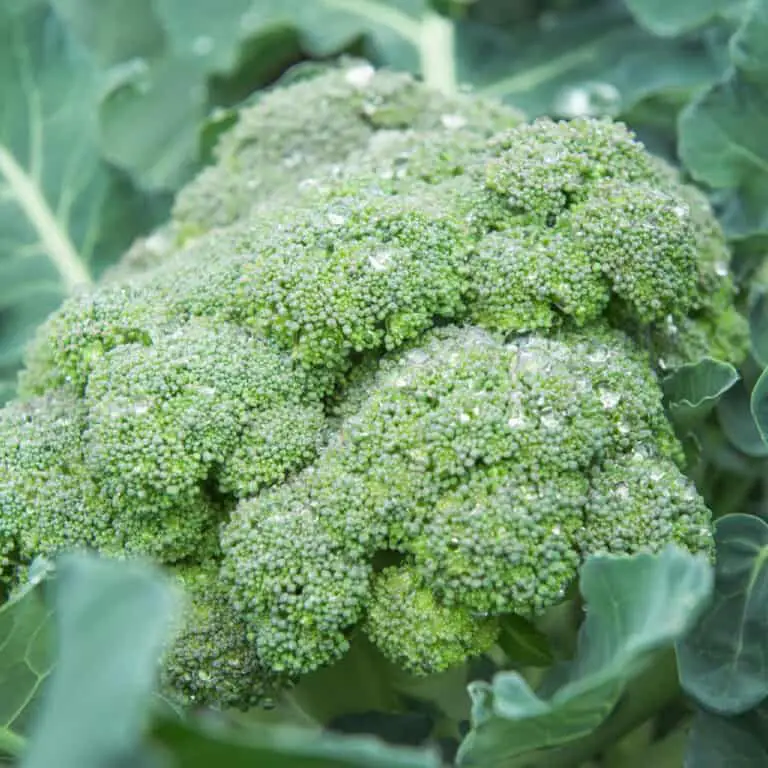Do Ducks Lay Unfertilized Eggs? Here’s What You Need to Know

If you’re new to keeping ducks, you might be curious about duck egg-laying habits. Chickens are well-known for producing eggs, but what about ducks? Do ducks lay unfertilized eggs like chickens, or is it a different story altogether? Well, I’m here to break it down for you—because trust me, it’s more than just quacking and waddling when it comes to egg production.
Let’s dive into the fascinating world of duck eggs, their fertilization process, and what you can expect when your female ducks start laying. Spoiler alert: they’re just as complicated as they are charming.
The Basics of Duck Egg-Laying
Ducks, like most birds, have an egg-laying cycle that is influenced by factors like daylight, season, and breed. Much like chickens, female ducks (called hens or ducks) lay eggs regularly. However, whether those eggs are fertilized or not depends on the presence of a male duck (drake) and whether mating occurs. If there is no duck male around, the eggs are unfertilized—just like a chicken’s eggs when there’s no rooster in the picture.
For example, in my own flock, I’ve had ducks that lay eggs regardless of whether a drake is present. Some of them even lay eggs every day during the peak of their laying season. When the drakes are around, though, those eggs can be fertilized, and that’s where things get interesting.
Do Ducks Lay Eggs Without a Drake?

Yes, ducks do lay eggs without a drake. Just like chickens, female ducks have an innate biological need to lay eggs, even if there’s no male to fertilize them. It’s a natural process, driven by their reproductive cycle. This might come as a surprise if you’re used to seeing only fertilized eggs, especially if you’ve had chickens that need a rooster to produce fertilized eggs.
You might have a flock of female ducks that lay a steady stream of eggs whether there’s a drake present or not. However, if you want fertilized eggs, you’ll need to ensure that a drake is around to mate with the females. The fascinating part is that these unfertilized eggs are completely safe to eat and just as delicious as fertilized ones.
| Related: Egg Laying Seasons: Why Your Ducks Stop Laying in Winter (and How to Help) |
Fertilized Eggs vs. Unfertilized Eggs: What’s the Difference?
Let’s talk about the difference between fertilized and unfertilized eggs, especially when it comes to ducks. The main difference lies in the presence of a developing embryo. In fertilized eggs, the sperm from the drake meets the egg, and fertilization takes place.
Over time, if the egg is incubated, the embryo will begin to develop. However, if you never incubate the fertilized egg, it remains in its “fertilized” state but does not develop into a chick (or duckling in this case).
Unfertilized eggs, on the other hand, are simply eggs that haven’t been fertilized. The yolk remains in its original state and doesn’t undergo any changes. These eggs won’t develop into ducklings, regardless of how long you leave them.
Table: Fertilized vs. Unfertilized Duck Eggs
| Aspect | Fertilized Duck Egg | Unfertilized Duck Egg |
| Embryo Development | Yes, if incubated | No development |
| Incubation Required | Yes, to develop into a duckling | Not needed |
| Edibility | Safe to eat, though not always preferred | Safe to eat and commonly consumed |
| Appearance | No visible difference before incubation | No visible difference |
The Egg-Laying Cycle of Ducks
Ducks are known for laying eggs more consistently than chickens—especially during their peak laying season, which is often during the warmer months. The egg-laying cycle in ducks typically starts around the age of five to six months, depending on the breed. Once they start laying, most ducks will continue to produce eggs regularly for a few years.
Factors that affect egg-laying in ducks:
- Breed: Some breeds, like Khaki Campbells or Indian Runners, are prolific egg layers, while others, like Pekins, might lay less often.
- Light and Temperature: Ducks tend to lay more frequently when there’s plenty of daylight and when the temperatures are moderate. Shorter daylight hours during the winter can cause a slowdown in egg production.
- Health: Healthy ducks are more likely to lay eggs regularly. If a duck is stressed or unwell, she may stop laying or lay fewer eggs.
What Happens to Unfertilized Duck Eggs?
So, you’ve collected a bunch of unfertilized duck eggs—now what? There’s no need to worry about these eggs going to waste. Unfertilized duck eggs are great for cooking and baking. They’re delicious in scrambled eggs, omelets, and even baked goods. Their slightly thicker shells and richer yolks make them a gourmet treat, and I’ll tell you, nothing beats a soft-boiled duck egg on a fresh piece of toast.
If you’re not using them immediately, unfertilized eggs can be stored in the refrigerator for about a week. Unlike chicken eggs, which can sometimes have an off-putting odor when old, duck eggs tend to hold up a bit longer. Just be sure to check the eggs for any cracks or signs of spoilage before using them.
What If You Want Fertilized Duck Eggs?
If you’re in it for the ducklings and want fertilized eggs, it’s simple—just add a drake! Male ducks are essential for the process of fertilization, and if you have a drake in your flock, he will mate with the female ducks. Keep in mind that not every egg laid is necessarily fertilized, so it’s a bit of a waiting game if you want to hatch ducklings. If you’re set on having ducklings, you’ll want to ensure that the eggs are incubated properly to encourage embryo development.
However, if you’re just looking for fresh eggs to eat, you don’t need to worry about fertilization. Unfertilized duck eggs are just as tasty, nutritious, and safe as their fertilized counterparts.
Can You Tell the Difference Between Fertilized and Unfertilized Duck Eggs?
At first glance, it’s hard to tell the difference between a fertilized and unfertilized egg. However, if you crack the egg open and let it sit for a while, you may notice a small white spot on the yolk in a fertilized egg. This spot is called the “germinal disc”—essentially where the sperm and egg meet. Don’t worry; this doesn’t mean the egg is developing into a duckling—it’s just a result of fertilization. Unfertilized eggs won’t have this spot at all.
The Bottom Line
To sum it all up, yes, ducks do lay unfertilized eggs, and just like chicken eggs, these eggs are safe and delicious to eat. Ducks, like chickens, lay eggs regularly, whether or not a drake is around. However, if you’re hoping for ducklings, you’ll need a drake to fertilize the eggs. Unfertilized eggs are a great culinary treat, so you can enjoy them without any worries.
Whether you’re raising ducks for eggs or for the joy of watching them waddle around, understanding their egg-laying habits will help you better care for your flock. So, next time you find an egg in the coop, you’ll know exactly whether it’s a future duckling or a tasty breakfast on its way!






